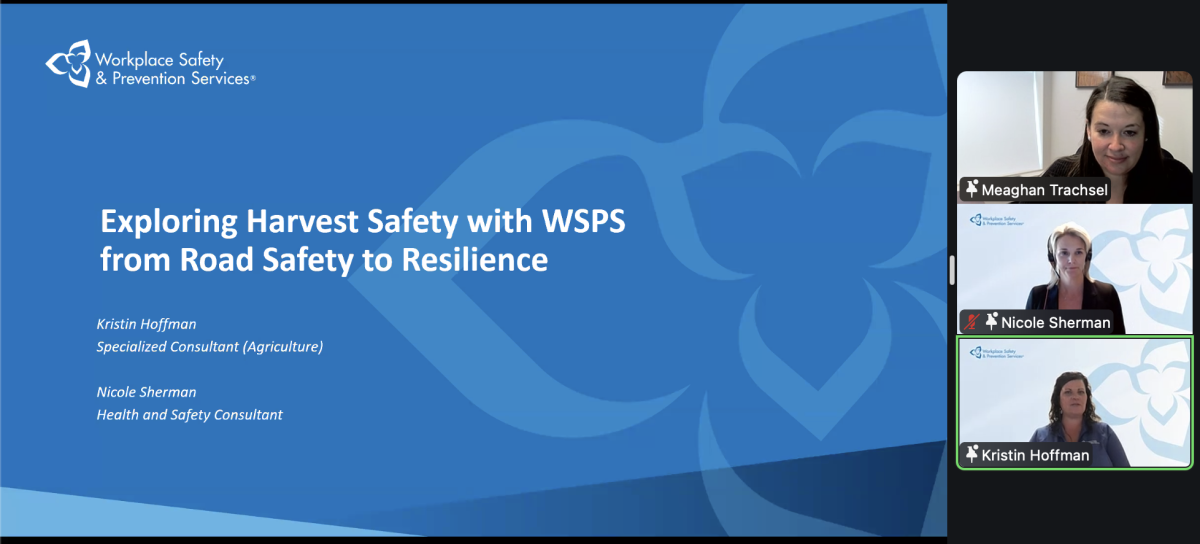British children shipped to Canada as farm labourers from the 1870s to 1940s will get a year of tribute from the federal government.
The federal government on Tuesday designated 2010 as the Year of the British Home Child, after members of the House of Commons last month unanimously supported a private member’s motion by Ontario MP Phil McColeman.
Immigration Minister Jason Kenney in a release described the gesture as “a meaningful way to acknowledge this chapter of Canadian history.”
From 1869 to 1948, over 100,000 underprivileged or orphaned children were sent to Canada from Britain, many of them to work as farm labourers or domestic servants, as per arrangements brokered by a number of British religious and philanthropic organizations.
Read Also

Exploring Harvest Safety
Kristin Hoffman of WSPS explains measures for increased farm safety around harvest season
Many “Home Children,” as they were called, were susceptible to mistreatment “because their living conditions were not closely monitored in Canada,” McColeman, the Tory MP for Brant, Ont., said last month.
McColeman, whose late uncle Kenneth Bickerton was a Home Child, added that “due to their remarkable courage, most of the Home Children endured and went on to live healthy and productive lives.”
According to the government Tuesday, it’s now estimated that between three and four million Canadians are direct descendants of former Home Children.
One of the former Home Children, Harold Vennell, tried to launch a class action suit in 2002 in Ontario against British children’s charity Barnardo’s, which alone is estimated to have shipped about 30,000 of the Home Children to Canada between 1870 and 1939.
“Appropriate response”
Under Barnardo’s program, Canadian farmers could apply to the charity to secure the services of children for farm or domestic labour, and in return would be expected to school, clothe, feed and pay the children.
Barnardo’s, which remains a leading British charity for at-risk youth, notes on its website that child emigration “was still seen as an appropriate response to the social problems of the day, even if by today’s standards the practice seems cruel.
“These ideas continued largely unchallenged until after the Second World War, when the emphasis shifted towards keeping children and their families together in the community.”
“While Barnardo’s intentions may have seemed laudable to some, it is now indisputable that many of the migrant children were neglected, abused or otherwise mistreated,” Vennell’s lawyer Harvey Strosberg said in 2002, adding that he hoped the suit would “expose this little-known disgraceful chapter in Canadian history.”
“The government of Canada recognizes the hardships suffered by British Home Children and their perseverance and courage in overcoming those hardships,” Kenney said Tuesday.
“Over the next year, the government of Canada will honour the great strength and determination of this group of child immigrants, and reflect on the tremendous contributions made by former Home Children and their descendants to the building of Canada.”
The government said Tuesday it will encourage Canadians during 2010 to learn more about this period of our history. Canada Post plans to issue a commemorative stamp in September in honour of the legacy of former British Home Children in Canada.














